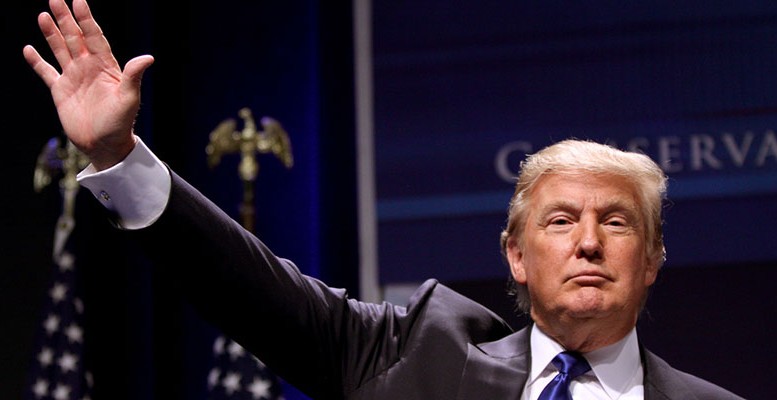Donald Trump has finally triumphed in the US presidential elections, after winning in key states like Florida, Ohio and Pennyslvania. The Republican Party has a secured control of the House of Representatives (the lower house of the US Congress) and it also looks like it will maintain control of the Senate (the upper house).
These results were not discounted by the global financial markets, which fuelled an early morning flight from higher risk assets like equities to those considered as safe-havens, like gold or the Japanese yen. The futures of the leading US indices are pointing to declines of around 5%. So far, the Toyko stock market has closed down 5.36%, while the dollar is losing ground fast with respect to the main currencies (almost 2% against the euro). On the other hand, German bonds and US Treasuries will be a safe-haven for investors in the face of the above-mentioned flight from stocks and shares.
The markets’ reaction reminds us very much of what happened after the Brexit victory in the UK. It remains to be seen whether, as was the case then, that after the heavy declines of the first few days the markets will be able to recover all the lost ground. What will be key will be the reaction from both sides after the results are confirmed. But particularly from the party which appears to have been victorious, as well as the economic importance of the first measures it announces.
The only thing that is clear is that the US elections’ results are another torpedo for traditional politicians and their high-profile cronies. It is also yet another example of the fact that the polls are getting it wrong because of the fact many people are afraid to show they want to challenge what is considered “politically correct.”
Depending on the measures announced by Trump in the areas of international trade and fiscal policy, Link Securities think the “correction which the markets seem to be undergoing could provide some interesting opportunities.”
The fact the Republicans controls both houses, but they are not on the same wave length as “their candidate,” could make it difficult for Trump to implement some of his more controversial measures. For example, “denouncing” the free trade agreements signed by the US. We also believe the Republicans will have the support of many Democrats when trying to “moderate” Trump’s policies.
Furthermore, Ebury thinks the “possibilities of a Fed interest rate increase in December fall to under 50% after Trump’s victory.” They explain it is a very “modest” decrease in comparison with the current movements of financial markets”.
As far as currencies are concerned, the Mexican peso has suffered the most, dropping over 10%. Stock markets are falling between 4-5% and the euro has appreciated around 2% against the dollar. In fact, the country’s foreign minister Cluadia Ruiz Massieu left her election war room for an urgent meeting.The emerging markets’ currencies appear to be suffering but, surprisingly, not with respect to the US dollar.
Renta 4 points to the defence, construction, infrastructure, oil and pharma sectors as potential gainers in the stock markets. Amongst the losers, the financial sector, renewables and those affected by possible limitations to international trade. As far as Spain’s Ibex 35 is concerned, companies with major exposure to Mexico are OHL and BBVA. With exposure to the US: Grifols, Viscofan, Acerinox, Ebro Foods, Arcelor Mittal, Iberdrola, ACS, Ferrovial, Santander, BBVA, Mapfre, Gamesa and IAG.





